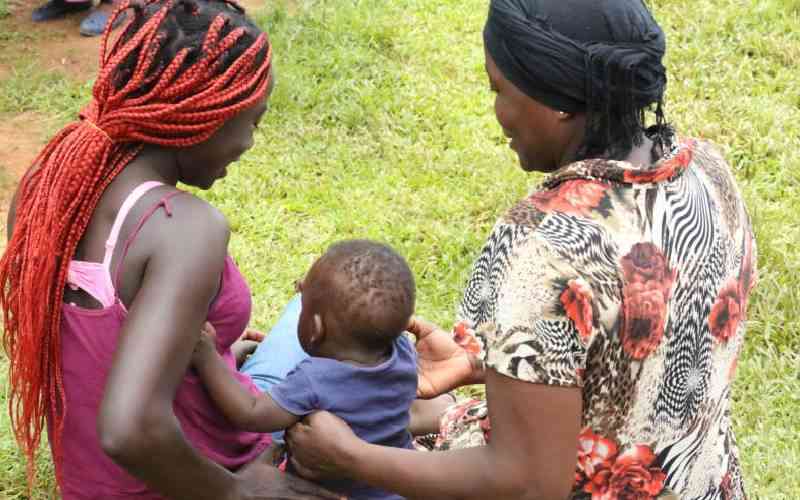×
The Standard e-Paper
Join Thousands Daily

Behind closed doors in rural Kakamega, tales of teenage pregnancies unfold, weaving a narrative of struggle, regret, and the urgent need for change.
Meet the courageous Gladys Wanjala (not her real name), who opens her home to us, cradling her teenage daughter's eight-month-old baby.